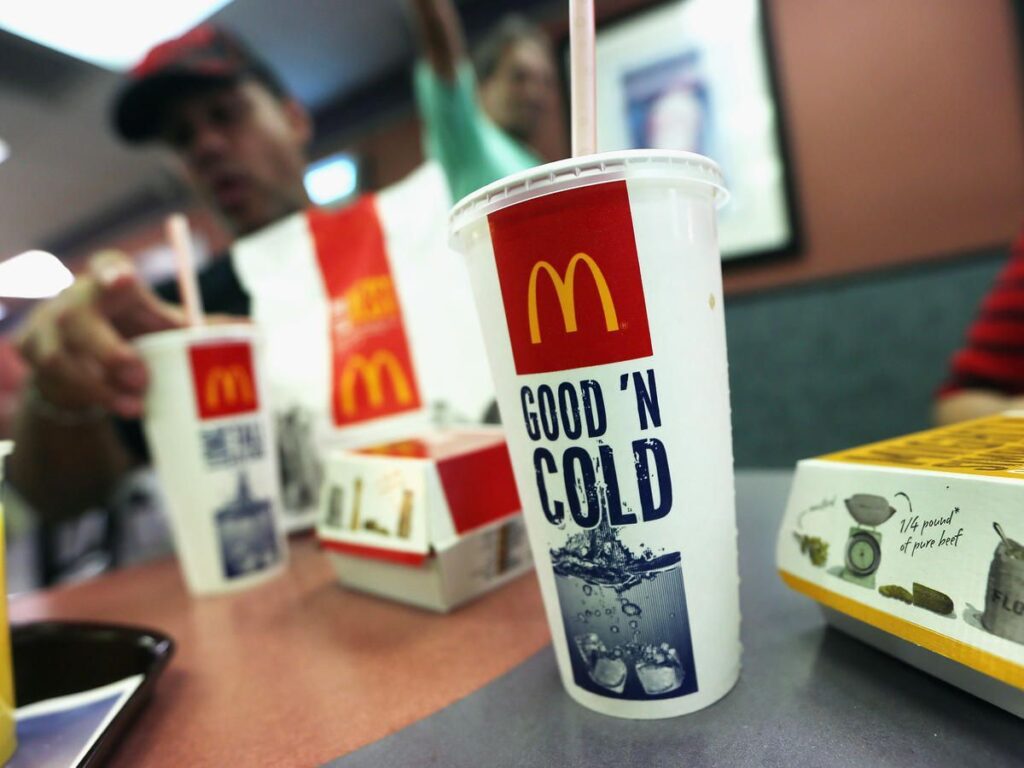
From McDonald’s and Coca-Cola to Amazon and Apple, several U.S.-based multinationals are facing calls for a boycott in India, as business leaders and supporters of Prime Minister Narendra Modi rally against Washington’s recent tariff measures.
India — the world’s most populous nation — is a major market for American brands, many of which have expanded rapidly to cater to the country’s growing middle class. International labels are often viewed as status symbols, with brands like Apple drawing long queues during store openings and Starbucks attracting crowds during promotional events. Meta’s WhatsApp counts India as its largest user base, and Domino’s operates more outlets in India than in any other country. Beverages like Pepsi and Coca-Cola dominate retail shelves nationwide.
The boycott sentiment follows former U.S. President Donald Trump’s decision to impose a 50% tariff on Indian goods, a move that has unsettled exporters and strained diplomatic ties between New Delhi and Washington. While there is no immediate evidence of an impact on sales, social media campaigns and offline initiatives urging consumers to “buy local” are gaining traction.
McDonald’s, Coca-Cola, Amazon, and Apple did not immediately respond to Reuters’ requests for comment.
Manish Chowdhary, co-founder of the Indian personal care company Wow Skin Science, released a video on LinkedIn encouraging consumers to support farmers and homegrown startups, making “Made in India” a global trend. He cited South Korea’s success in popularizing its food and beauty products internationally as an example to follow.
Despite these calls, Indian IT giants such as Tata Consultancy Services (TCS) and Infosys remain heavily integrated into the global economy, providing software services to clients across the world.
